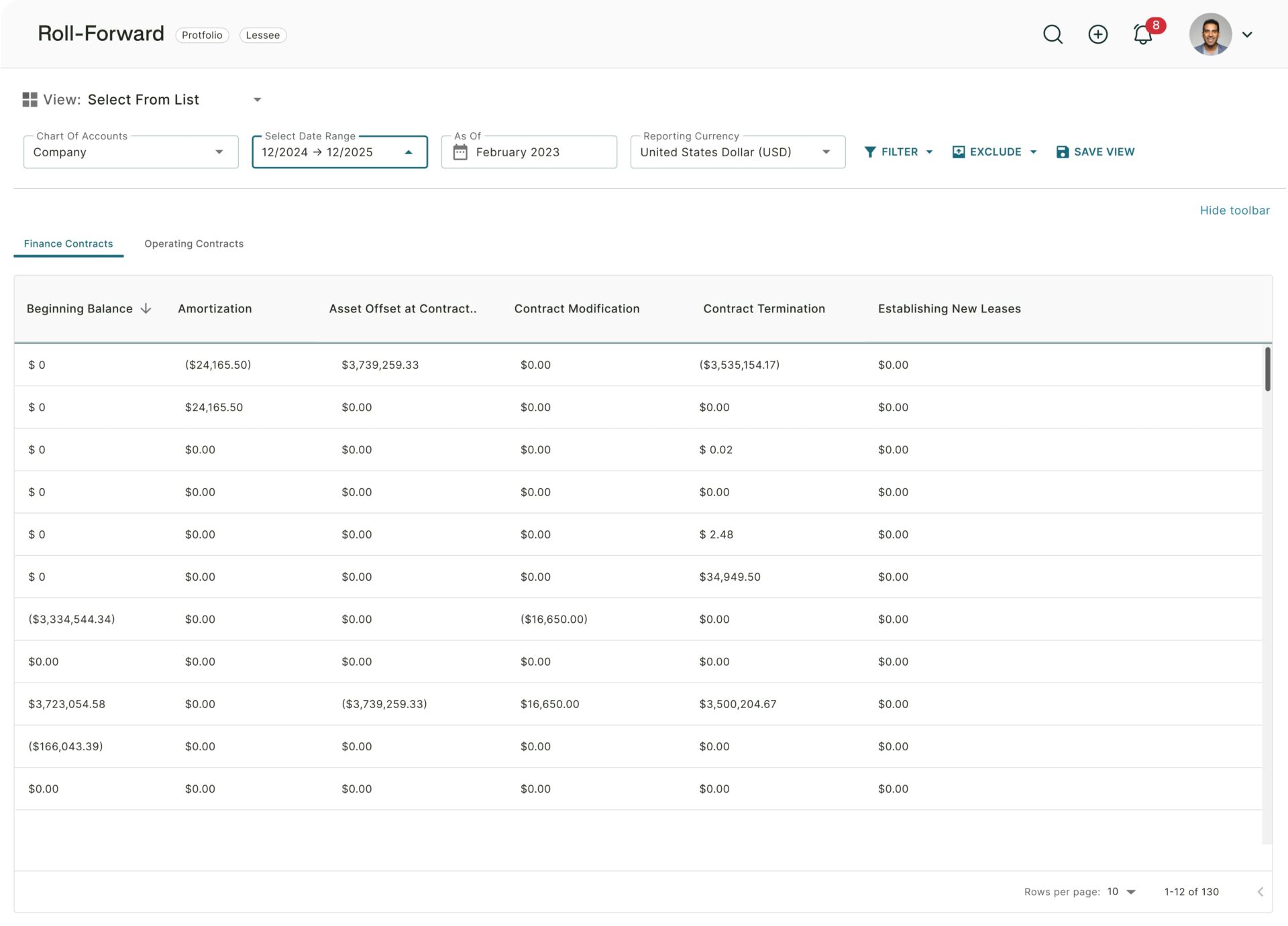For those in the accounting field, whether a controller, auditor, or CFO, there is a shared dread that binds us all together: deadlines. Specifically, as it relates to the close process when it’s time to wrap up an accounting period.
Is there the ability to lessen this stress? Can there be a reduction in the time it takes to close the books?
As a key KPI for many controllers, not to mention a legal requirement for CFOs and auditors, the close process requires significant focus and attention.
We will now look at how an AI-powered lease solution will create efficiencies in your close process, including a specific client case study and actionable takeaways for your company.
Time is money
Have you ever calculated the cost of the close process to your company – and to you?
There are a number of areas impacted:
1. Employee time
If you sum up all the accounting team’s hours spent on closing the books, and then add the time of other business teams involved in the process, such as department heads that have to provide required data and reporting, in additional meetings and inquiries across the organization.
2. Opportunity cost
While everyone is “heads down” finalizing the close process, there is other work being neglected. With accountants today being seeking to spend more time on tasks that add value across the organization, as opposed to solely being responsible for maintaining the books and recording the numbers – these other high-visibility, high-impact activities will receive little attention over this period.
3. Mental and physical health
Stress is directly tied to our health, both mental and physical. As accountants, or those involved with this process, we know the pressure that accompanies the close process. Although temporary, each month it has a significant impact on our overall well being, and has potential long-term consequences.
Bearing these “costs” in mind, what can be done to free up time for more analytical, value-add activities, and relieve stress from our bodies and minds?
Automation: the blue ocean of closing your books
Let’s use leases as an example. This is highly relevant, as ASC 842 is one of the most significant accounting standard changes released in the last few years, and will be a key focus area for accounting teams and auditors now and in the near future.
When the close process is being finalized, all leases have to be checked to confirm they have been recorded in compliance with ASC 842. Moreover, the completeness hunt must begin for any leases mistakenly excluded, including contracts where elements meet the requirements of ASC 842.
This process often involves manually sifting through documents, multiple Excel spreadsheets, and a mind-boggling number of calculations that often have to be adjusted multiple times. And as we know, a change in one place has a large downstream effect.
Before you start stressing just thinking about this, consider how an AI-powered lease accounting software would elevate this experience, taking out the manual effort and making the entire process a lot quicker and easier.
To start, solutions such as Trullion use OCR technology to scan leases and detect the relevant key terms, such as dates and payment amounts. The software then performs all of the accounting calculations required, proposes journal entries, and prepares disclosure requirements. As this software is SaaS-based, it is constantly being updated to reflect the latest changes required by the various accounting bodies.
You’ve just moved from the immense manual effort to close your books, to the blue ocean of automation; freeing you up for high-impact and dare we say, enjoyable, activities.
Accounting automation in action
We’ve seen the massive difference for which software automation allows, over and over again.
Take Taboola: a public advertising company listed on the Nasdaq, with headquarters in New York, and 18 offices around the globe.
The challenge
With numerous leases in place, the Taboola Finance Team was reporting mainly using Excel. According to Taboola’s VP Finance, Yaron Kaneti, the process was nothing short of a “nightmare”.
Kaneti describes it as “Endless excel sheets with great manual work. A lot of reviews, going back and forth, checking the numbers, and fine-tuning them. It was a risky process, as well as time-consuming.”
The lack of efficiency and the high risk of error was a major pain point for the team, and it was clear that implementing an automated solution was of high importance.
The solution: lease accounting software automation
Taboola implemented Trullion, and was immediately hooked because of the ease-of-use of the platform, and by the attentiveness of the team.
Kaneti raves about the enhanced capabilities: “The system calculates everything automatically and I very much like the ability to read the contract and to scan it in a way that a lot of information can be identified and flow into the methodology and the formulas in the system. It saves a lot of time… it’s efficient as well. So the whole experience from the paperwork that is scanned to the end output, it’s a great experience.”
According to Kaneti, automating lease accounting with Trullion has saved the company three full working days per person per quarter. With three team members using the platform, Trullion is saving Taboola 36 full days of work per year.
Accelerate the close process with automation
As we’ve seen, automation can positively affect numerous aspects of your work life, but perhaps none more impactful than the close process.
With AI-powered accounting software from Trullion in place, the difference will be nothing less than remarkable.
To find out more, reach out to a friendly Trullion team member.






